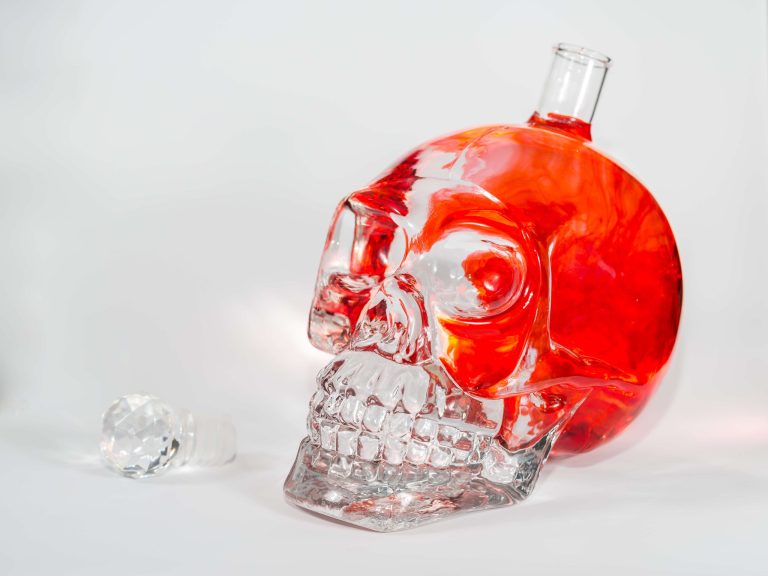Интернет-казино онлайн m казино Миллион зеркало Бесплатные переписывания
April 16, 2023Guide Axis Credits Izwe loan App – Forbidden Feel Facts
April 18, 2023Sober curious culture encourages a sober lifestyle, but welcomes individuals who aren’t willing, ready, or planning to give up alcohol completely. Crystal Raypole has previously worked as a writer and editor for GoodTherapy. Her fields of interest include Asian languages and literature, Japanese translation, cooking, natural sciences, sex positivity, and mental health. In particular, she’s committed to helping decrease stigma around mental health issues. Outside of therapy, don’t forget to take care of yourself and your needs. Make sure you’re prioritizing your own self-care throughout their recovery process.
Recovery is a process through which an individual pursues both remission from alcohol use disorder (AUD) and cessation from heavy drinking1. An individual may be considered “recovered” if both remission from AUD and cessation from heavy sober alcoholic meaning drinking are achieved and maintained over time. Continued improvement in these domains may, in turn, promote sustained recovery. Alcoholism is treated with a combination of counseling, support groups, medications, and lifestyle changes.
Dictionary Entries Near sober
And yet, Catholics and other Christian denominations use wine during their religious services. It’s not like showing up at a party 15 years ago with a non-alcoholic beer like you’ve got a secret. We’ve entered a phase where not drinking isn’t a scandal, it’s a positive statement. On a dietary level, alcohol acts as a sabotage to the nutrients the body needs. This is further elevated with higher quantities or frequencies of alcohol consumption.
I may not observe Dry January per se, but I am thinking a lot about alcohol this month. While complete sobriety isn’t for everyone, drinking less probably is, even for those of us who don’t drink much to begin with. All these things are influencing my personal relationship with alcohol. I still don’t think imbibing is sinful, but I do see other issues with it.
Is Alcohol A Inflammatory?
Ideas you might explore include local recreation centers or parks, art classes, reading, playing an instrument, or dancing. You might also consider joining a support group, attending sober curious events, or visiting a sober bar or coffee shop. Think about how you will navigate situations where you might feel pressured to drink.
- But it’s also important to cultivate patience as they work toward making changes.
- “High-functioning” meaning no discernible or public consequences have occurred (yet).
Regardless of how the addiction looks, someone typically has an alcohol addiction if they heavily rely on drinking and can’t stay sober for an extended period of time. The best way forward for your recovery from alcohol or substance use is to incorporate a wide variety of strategies that will help foster success. Remember to care for yourself, seek supportive relationships, and consider seeking help from a therapist. You may also experience what is commonly called sobriety fatigue, which refers to the overall exhaustion that may occur as a result of the emotional and physical stress of staying sober. So, it’s extra helpful to have a support network available to you when you need it. Now that you are sober, you may have discovered that some of your past relationships were not only unhealthy but downright toxic.
Information on Alcoholics Anonymous
Vivitrol and Revia can help people drink less alcohol even if they don’t want to stop drinking entirely. Many times people find these medications help them to quit drinking for good. Alcohol use disorder can develop as a result of varying reasons. Consuming large amounts of alcohol over a long period is most likely to result in alcohol use disorder.

Reaching a state of sobriety is not an easy path and there’s no one-size-fits-all solution. It varies from person to person, depending on their specific addiction, lifestyle, and motivation. Be warned that the study saw a drastic difference in the biological age of people who drank ten 250ml (~8.5oz) glasses of wine per week vs two.
